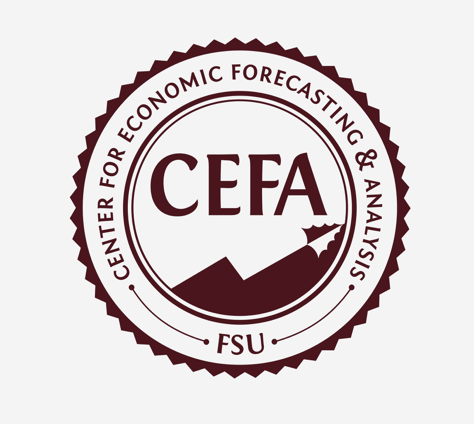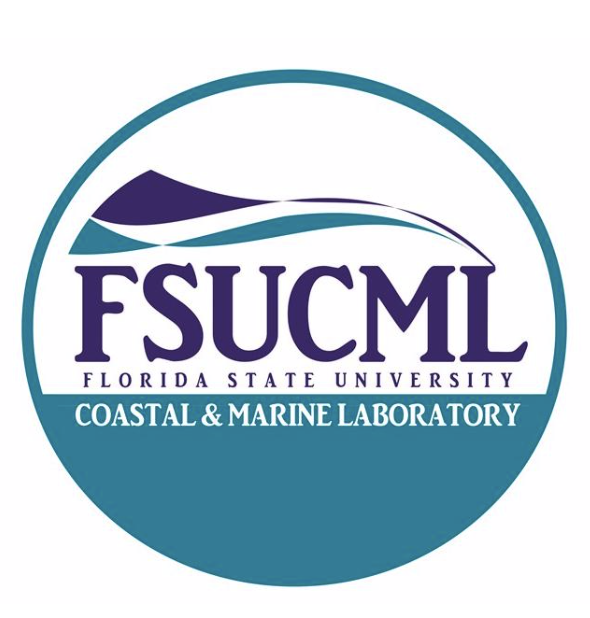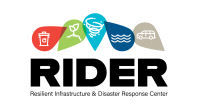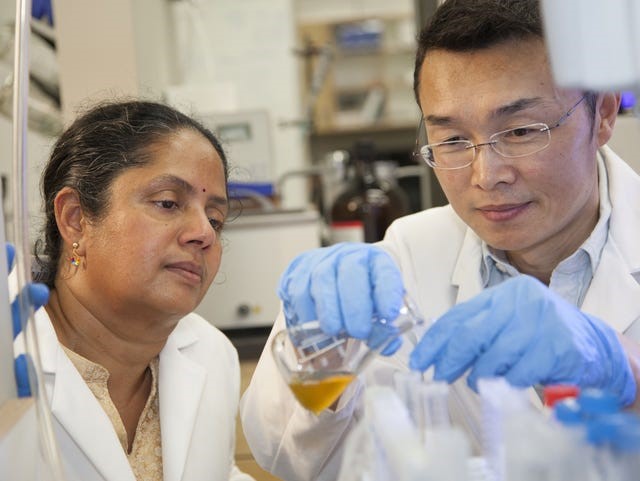
FSU leads the way in sustainability research, ranking #1 in 2019. Over 250 FSU faculty from 50+ departments are engaged in sustainability research.
In 2019, FSU was identified as a Top Performer in the field of sustainability research, ranking #1 in the research category of the AASHE Sustainable Campus Index. By researching sustainability issues and refining theories and concepts, higher education institutions can continue to help the world understand sustainability challenges and develop new technologies, strategies, and approaches to address those challenges.
How is sustainability research identified?
The Association for the Advancement of Sustainability in Higher Education (AASHE) defines sustainability research as:
- Sustainability Research - Sustainability research is research and scholarship that explicitly addresses the concept of sustainability, furthers our understanding of the interdependence of ecological and social/economic systems, or has a primary and explicit focus on a major sustainability challenge.
- Sustainability Challenges - AASHE defines sustainability in a pluralistic and inclusive way, encompassing human and ecological health, social justice, secure livelihoods, and a better world for all generations. Major sustainability challenges include (but are not limited to) climate change, global poverty and inequality, natural resource depletion, and environmental degradation. To identify additional sustainability challenges, it may be helpful to reference the principles outlined in the Earth Charter and/or the targets embedded in the UN Sustainable Development Goals (SDGs).
FSU Sustainability Research Inventory (2019-2022)
The FSU Sustainability Research Inventory (2019-2022) was conducted using information from informational interviews, University communications channels, the Faculty Expertise and Advancement System (FEAS) application, and the Pivot database. The following researchers were found to have received a research grant or published a refereed journal article related to sustainability from July 1, 2019 - June 30, 2022:
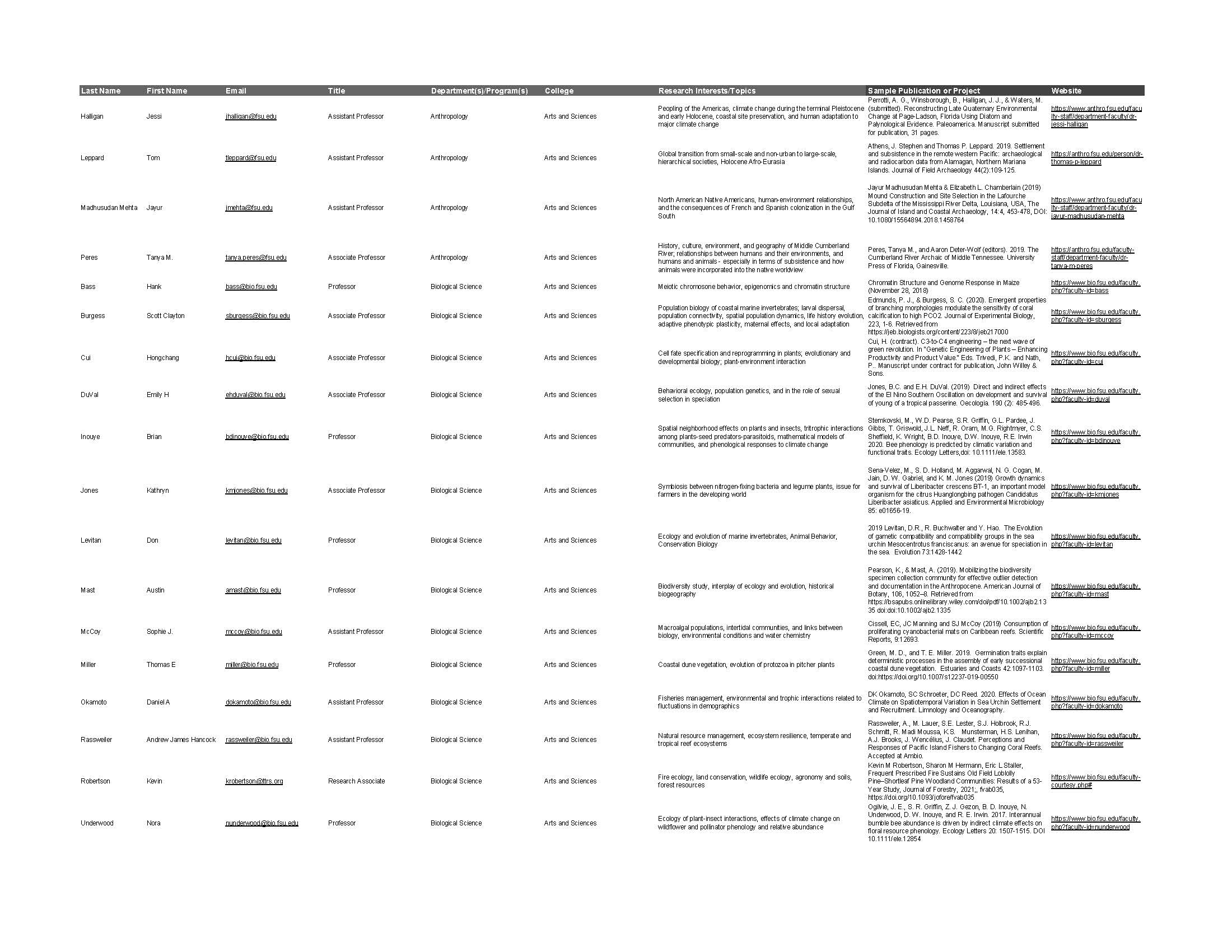
Learn more . . .
Download the full Sustainability Research Inventory »
Request a change to the Sustainability Research Inventory by sending an email »
Sustainability Research Centers
The following research centers address one or more of the dimensions of sustainability directly (social, economic, or environmental justice), often at the core of their mission:
List of Sustainability Research Centers
|
|
Center for Advanced Power Systems (CAPS) The Center for Advanced Power Systems (CAPS) is a multidisciplinary research center organized to perform basic and applied research to advance the field of power systems technology. The CAPS emphasis is on application to electric utility, defense, and transportation, as well as developing an education program to train the next generation of power systems engineers. |
|
|
Center for Economic Forecasting and Analysis The FSU Center for Economic Forecasting and Analysis (CEFA) specializes in conducting economic research and performing economic analyses to examine public policy issues across a spectrum of research areas. CEFA provides advanced research and training in energy, aerospace, environmental economics, and economic development, among other areas. |
|
|
Center for Environmental, Energy and Land Use Law The Center for Environmental, Energy and Land Use Law at Florida State University College of Law strengthens the school's nationally recognized program in the area. The Center helps provide first-rate education to students who will become leaders in the practice of law, advocacy, and policymaking. The Center takes a collaborative approach to convene internationally regarded experts for thought-provoking events and to produce important interdisciplinary research. The Center’s location in the capital of the nation’s third largest state–one at the cutting-edge of environmental, energy and land use law and policy–is a tremendous advantage for students and scholars affiliated with the Center.
|
|
|
Center for Ocean-Atmospheric Predictions Studies (COAPS) The mission of the Center for Ocean-Atmospheric Prediction Studies (COAPS) is to promote interdisciplinary research in air-sea interaction, the coupled ocean-atmosphere-land-ice earth system, and climate prediction on scales of weeks to decades in order to increase our understanding of the physical, social, and economical consequences of coupled ocean-atmospheric variations. |
|
|
The Coastal & Marine Laboratory aims to become a leader in conducting and supporting exceptional research that advances marine ecosystem science and conservation, addressing questions that are local to global in scope, range from the molecular to the ecosystem in scale, and involve the human communities within which the marine laboratory is embedded. |
|
|
The Florida Climate Institute (FCI) is a multi-disciplinary network of national and international research and public organizations, scientists, and individuals concerned with achieving a better understanding of climate variability and change. The FCI has ten member universities, including Florida State University. |
|
|
Florida Resources and Environmental Analysis Center The Florida Resources and Environmental Analysis Center is an applied research center of The Florida State University. The center specializes in facilitating the understanding and implementation of spatial information within communities and local governments. |
|
|
Florida State University's Robert K. Godfrey Herbarium is a museum-quality collection of over 220,000 plant and microalgae specimens. These document the distribution and natural variation of the 2,400 species of flowering plants, ferns, conifers, and cycads found in northern Florida - one of North America's biodiversity hotspots - and the microalgae of Florida's Gulf and Atlantic coasts. |
|
|
Public Utility Research Center The Public Utility Research Center (PURC) is an internationally recognized academic center dedicated to research and to providing training in utility regulation and strategy, as well as the development of leadership in infrastructure policy. |
|
|
Resilient Infrastructure & Disaster Response Center RIDER Center is founded on the mission of achieving adaptive capacity and resilience for the communities affected by natural disasters such as hurricanes and the COVID-19 pandemic. RIDER unites engineers, social scientists, social workers, health, public policy, communication, and information specialists synergistically towards developing emergency plans that fit the distinct needs of both urban and rural communities to solve the real-world problem of the “resilience divide.” |

